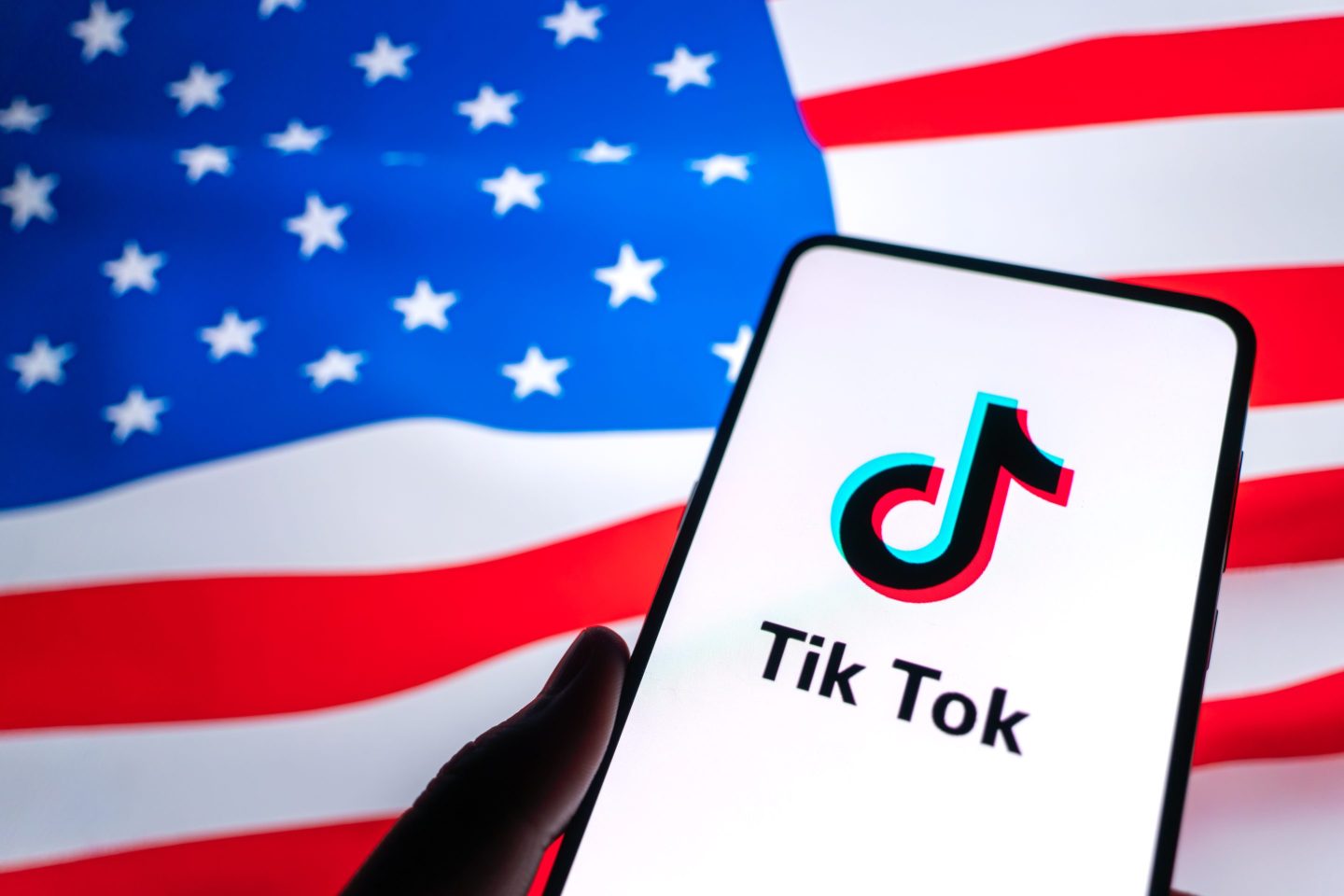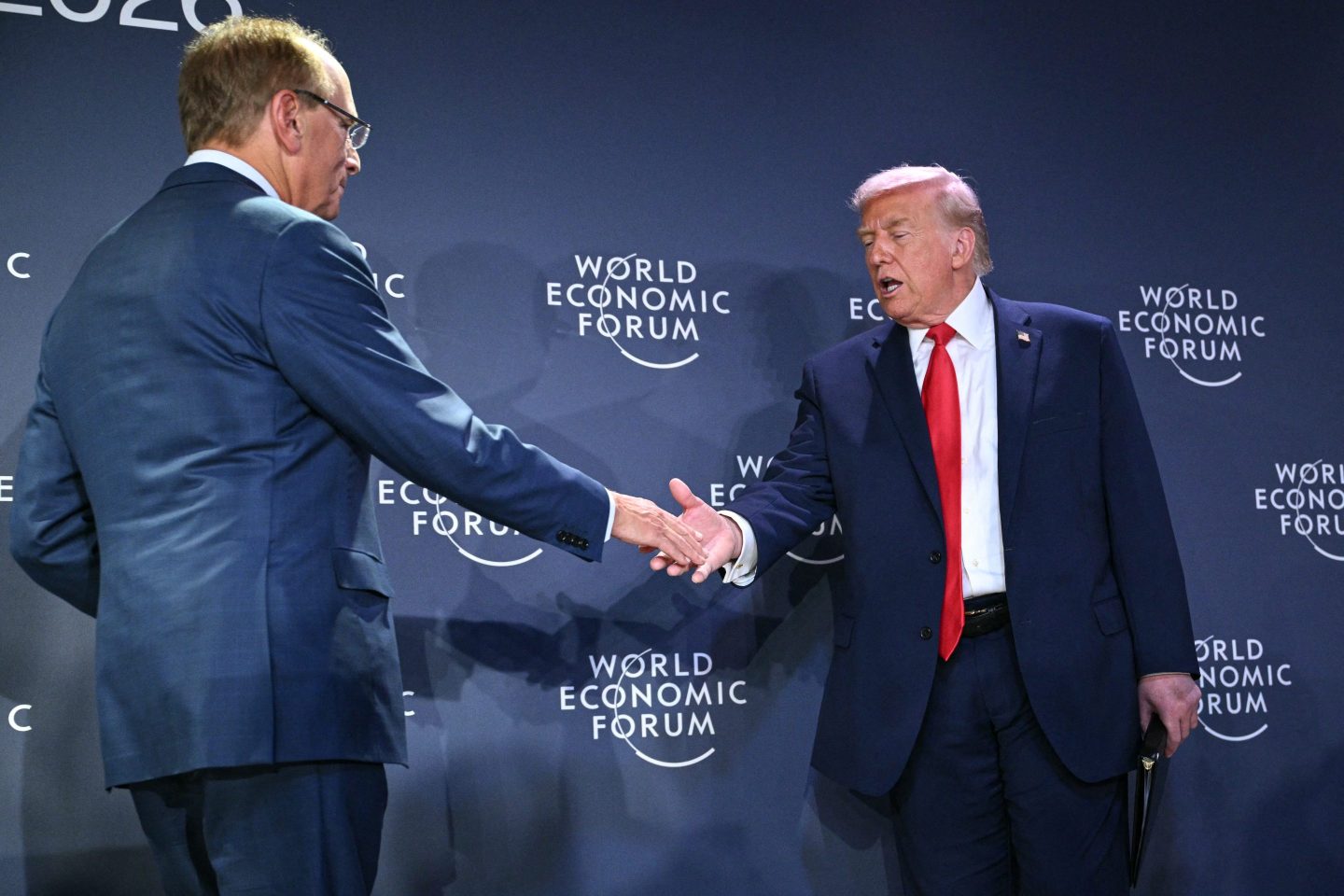This is the web version of CEO Daily. To get it delivered to your inbox, sign up here.
Good morning. David Meyer here in Berlin, filling in for Alan.
The dust is still far from settled after the U.S.’s decision this week to support waivers of patent protections for COVID-19 vaccines—a move designed to boost production and avoid prolonging the pandemic.
The Biden administration’s announcement whacked not only Big Pharma stocks, but also some of the newer vaccine players that are only now gaining prominence, such as Germany’s BioNTech and CureVac (both of which have received German government funding).
It is therefore perhaps unsurprising to see Germany push back against the U.S. Proposal, with a spokeswoman for Chancellor Angela Merkel warning it would cause “severe complications” for vaccine production—Chinese vaccine makers’ shares rebounded somewhat after that intervention, given the need for international consensus at the World Trade Organization. The International Federation of Pharmaceutical Manufacturers and Associations is also warning that “sort of rogue companies” could become involved.
I’m not sure I find these arguments convincing, for a couple reasons. Firstly, the purchasers of these vaccines—national and regional governments, and the COVAX facility for middle- and low-income countries—are unlikely to just buy any old stuff. They have regulatory bodies that test batches and inspect production facilities around the world; would their vigilance really diminish if intellectual-property protections are temporarily lowered?
Secondly, making a vaccine isn’t simple, especially if newfangled technology such as mRNA (used by BioNTech, Moderna and CureVac) is involved. The drugmakers use this as an argument for saying patent waivers won’t solve the production problem by themselves, which is true, but it’s also an argument for saying the threat of “rogue companies” is unlikely to be serious.
Here, I’d like to throw in a bit of Friday Feedback from reader S.K., who wrote: “Pharma gets intellectual property protection because they take the big billion dollar bets. And it needs to pay off for them sometimes. However with COVID they were prepaid and did not take any risk at all. So they should get half of the normal IP protection.”
I don’t think it’s quite fair to say they took no risk at all—consider AstraZeneca’s reputational battering—but the point about prepayments is a valid one. The companies got a lot of public funding, so I find it reasonable to say, as UNESCO has, that the results should be treated as a public good during the pandemic.
The drugmakers could have voluntarily contributed patent-protected knowhow to the World Health Organization’s COVID-19 Technology Access Pool (C-TAP) but didn’t, so it seems inevitable that they could now face compulsory knowledge-sharing.
Again, global consensus is required, and it will probably take a lot of negotiation to get there. Remember that the goal is ultimately less an anti-IP crusade and more the expansion of vaccine production—a fact that has some legal experts suggesting the U.S. Move could prompt drugmakers to be more open to partnerships and licensing than they have been thus far.
More news below.
David Meyer
@superglaze
[email protected]
TOP NEWS
Weak spots
The Federal Reserve released its biannual Financial Stability Report yesterday, noting that "vulnerabilities associated with elevated risk appetite are rising." Examples include the many people pouring money into Dogecoin and GameStop, plus the carnage caused by Archegos's collapse. Coins2Day
Nintendo success
Nintendo was a big winner in the pandemic, with sales of its games and hardware jumping by more than a third in its latest annual results; its share price is up 90% since March 2020. Coins2Day's Yvonne Lau examines what comes next for the Japanese gaming legend. Coins2Day
Self-driving cars
Tesla told the California Department of Motor Vehicles that it may not achieve fully-autonomous driving by the end of this year. The admission, revealed in a California DMV memo, belies Elon Musk's January claim that he was "highly confident the car will be able to drive itself with reliability in excess of human this year." Reuters
Trump-free Twitter
Former President Donald Trump or his team tried to set up a Twitter account to repost missives from his new blog, but Twitter—which banned him earlier this year—shut it down. Twitter said Trump was trying to "circumvent" his ban on that platform. BBC
AROUND THE WATER COOLER
Supply chains
The last year has been crazy for supply-chain management, the CEOs of companies such as Stanley Black & Decker and Baxter International said this week at a Coins2Day Global Forum leadership roundtable. Siemens USA CEO Barbara Humpton noted the volatility has birthed new tech companies focused entirely on supply chain management. Coins2Day
Theranos trial
Theranos founder Elizabeth Holmes's lawyers are trying to keep details of her wealth, fame and perks out of her upcoming criminal fraud trial. Prosecutors say the details are relevant because they relate to her motivation in allegedly misrepresenting the accuracy and reliability of Theranos's finger-prick blood tests to investors and patients. Wall Street Journal
No pressure
Volkswagen says it is under no pressure to raise workers' wages right now. Given that VW is Europe's biggest private-sector employer, that supports central bankers' bet that the pandemic recovery won't fuel sustained inflation. Financial Times
Disability help
In this piece for Coins2Day, Easterseals CEO Angela F. Williams calls on President Joe Biden and Congress to allocate permanent funding for Medicaid's Home and Community-Based Services (HCBS) program in the upcoming infrastructure bill, "so that people with intellectual, physical, or developmental disabilities can receive expert care in their homes." The program got increased funding in the recent COVID relief bill, but that's only temporary. Coins2Day
This edition of CEO Daily was edited by David Meyer.











